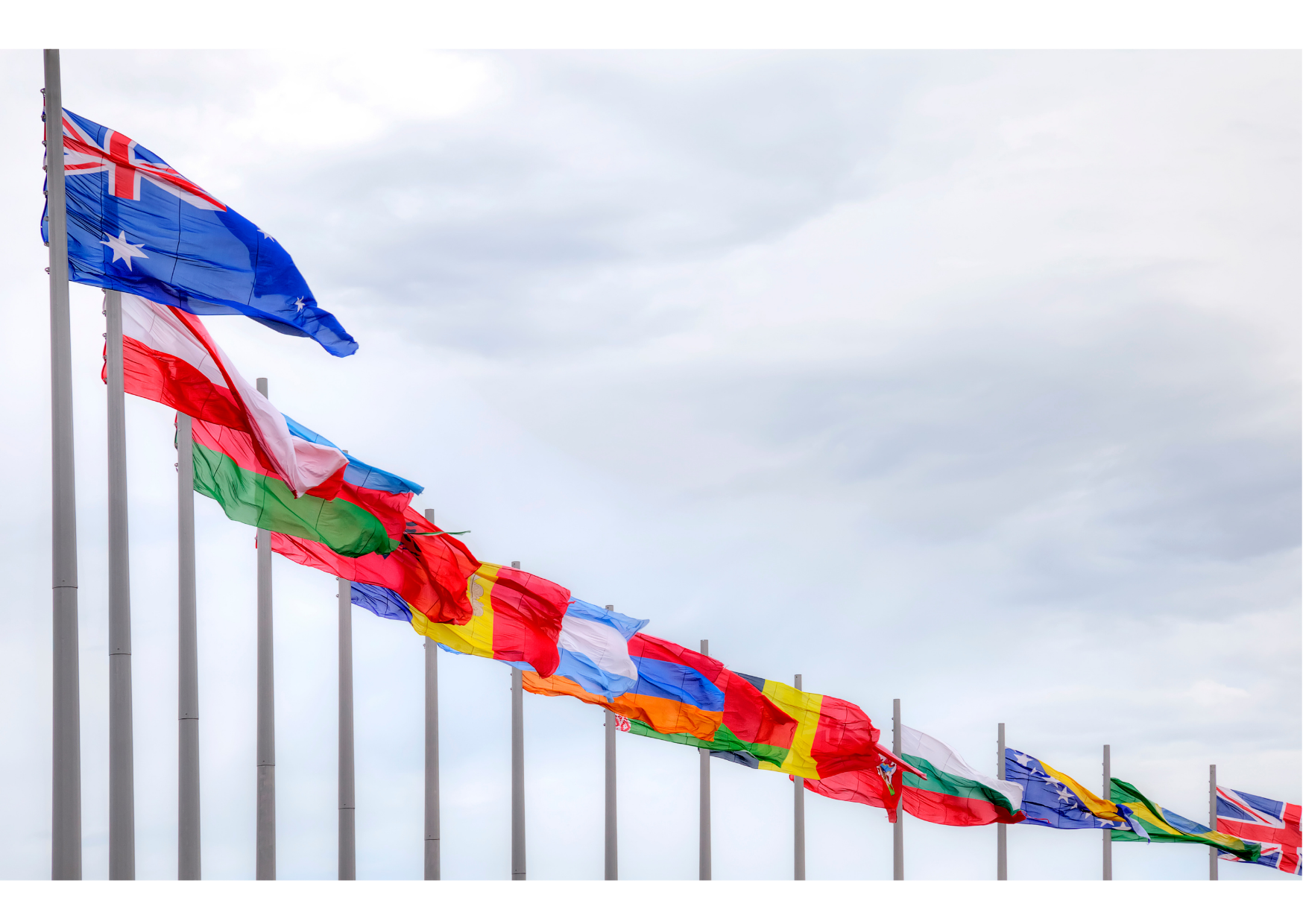THE OLYMPIC GAMES, SUSTAINABILITY and SOCIAL RESPONSIBILITY
The Olympic Games are a sporting event that takes place every four years. The “Olympics” actually means a four-year period that ends with the Olympic Games (or not). For example the Athens 2004 Olympic Games were the twenty-eighth Olympics, although they were in reality only the twenty-fifth in a row – three were canceled due to both world wars. However, the 2020 Olympics were not canceled, but rescheduled due to coronavirus and therefore took place this summer.
The Olympics were originally organized in ancient Greece, and later at the end of the 19th century the idea was revived by the French Baron Pierre de Coubertin. The Olympic Games, now better known as the Summer Olympics, were held every four years from 1896 onwards, with the exception of the period between the First and Second World Wars (and the 2020 pandemic). Special games for winter sports, or now known as the Winter Olympics, have been held since 1924. Since 1994, this competition is no longer held within the same year as the (Summer) Olympics.
As already mentioned, last year’s Olympics were postponed until this summer, the summer of 2021. Thus, the Olympics took place in Tokyo between the 23th of July 23 and 8th of August.
We cannot skip the fact that at the 32nd Summer Olympics Slovenia won five medals. Three gold medals for canoeist Benjamin Savšek, cyclist Primož Roglič and climber Janja Garnbret, one silver medal for judoka Tina Trstenjak and one bronze medal for cyclist Tadej Pogačar. We are more than proud of them and of all other Slovenian representatives in Tokyo!
SUSTAINABILITY IN TOKYO
The Olympic and Paralympic Games are among the largest sporting events in the world. This impact is not only limited to sport, but also to society, the economy and the environment. Their goal is to ensure that the positive effects of the Tokyo 2020 Games go beyond the parameters of Tokyo, the host city, and cover entire Japan and also the world.
In 2015, the United Nations adopted the “Sustainable Development Agenda 2030” and 17 Sustainable Development Goals (SDGs), which state that “sport is also an important factor in sustainable development”.
Tokyo 2020 has set the sustainable concept of games as “Let’s be better together – for the planet and people”.
Their goals were:
- Climate change
They promoted energy savings and the use of renewable energy sources “Against zero carbon” as much as possible.
- Resource management
With 3R (reduction, reuse, recycle) they wanted to achieve “Zero Wasting”.
- Natural environment and biodiversity
They contributed to the realization of “City in Nature / Nature in the City”.
- Human rights, work and fair business practices
The Games were conducted in accordance with the United Nations Guiding Principles on Business and Human Rights.
- Integration, cooperation and communications
With the participation of the whole society, they wanted to create games that are available to everyone.
- Code of Sustainable Sourcing
A code of sustainable sourcing has been developed for the products and services to be ordered and for licensed products.
- The carbon offset program from the Tokyo 2020 Games
The inevitable CO₂ emissions have been offset by reductions elsewhere which met certain restrictions.
- A project of recycled prizes for the winners
~ From the packaging of used consumer products ~
But they didn’t stop there. In addition to all that was pointed out above, they also built a wooden Olympic village. This project involved the entire country, through the construction of wooden buildings across Japan. The use of wood from different regions expressed diversity and harmony.
The company called Nikken Sekkei designed a wooden communal building in the Athletes ’Village at the Tokyo 2020 Olympics, which was built from 40,000 pieces of Japanese wood.
The temporary building, which served as the central gathering place for all the athletes in the Olympic Village, contains a café, a bank, medical facilities, salons, hairdressers, sales premises and a media center.
Now, after the games are over, the structure will be dismantled and the wood returned to donor municipalities for reuse in local construction projects. “As part of the project, wood was borrowed from local governments across Japan free of charge and will be used to build Village Plaza,” organizers said.
We believe that such examples of good practice are a great example for various projects in the future.
The Olympic Games in Tokyo are over, and we Slovenes can show our pride and gratitude to our athletes on Tuesday at 9 pm at Kongresni trg in Ljubljana, where the reception of the Slovenian Olympic team will take place.



